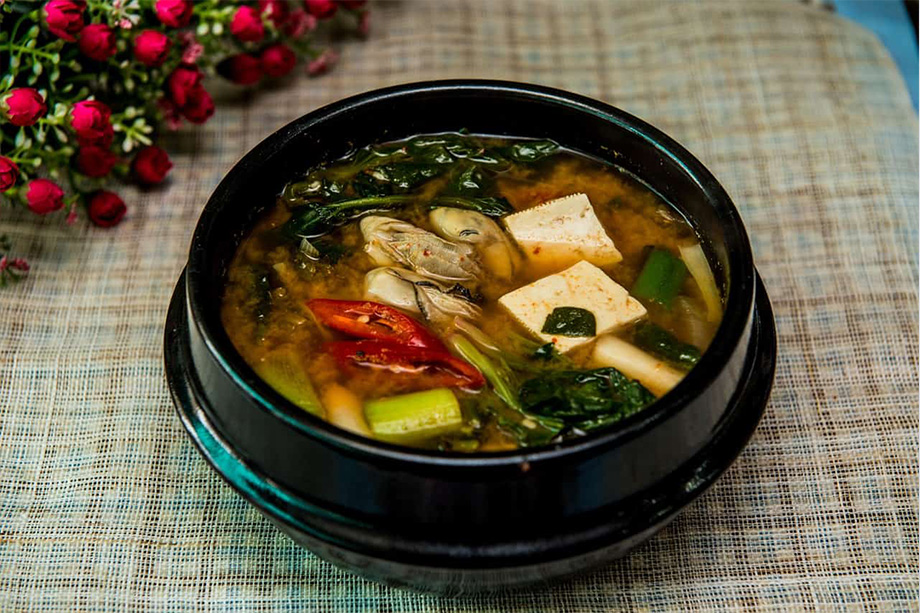CanHOPE is a non-profit cancer counselling and support service provided by Parkway Cancer Centre, Singapore.
Nutrition
Low Microbial Diet
A neutropenic diet, also known as a low microbial diet, provides protection from bacteria and other harmful organisms found in certain foods and drinks. This diet is catered for people with a weakened immune system, as when the immune system is not working well, the body has a hard time protecting itself from bacteria.
During cancer treatment, particularly for patients undergoing chemotherapy and radiation therapy, your immune system is often compromised, making it more susceptible to food-borne illnesses. It is important for you to observe food safety practices - basically steps taken during the handling, preparing and storage of food that reduces the risk of food-borne illness.
It is advisable for patients who are under pre-transplant chemotherapy and patients undergoing transplant to follow the neutropenic diet to reduce the risk of food contamination (as the neutrophil/ white blood cell count is significantly lower).
Important Note: The following information consists of general tips and is not a substitute for professional medical advice. Please check with your doctor and/or dietitian before making any changes to your diet.
General tips:
- All dairy products must be pasteurized, avoid soft cheeses
- All fresh fruits and vegetables must be well washed under running water
- All juices must be pasteurized
- No pre-cut vegetables and fruits; no salads
- No raw sprouts
- All meat, poultry, seafood, egg and tofu must be fully cooked
- No raw nuts
- All seasonings to be added during cooking, avoid all other garnishes
- No expired foods
| Food Group | Foods to Choose | Foods to Avoid |
|---|---|---|
| Fruits |
|
|
| Vegetables |
|
|
| Grain and starches |
|
|
| Dairy products |
|
|
| Meat and meat alternatives |
|
|
| Nuts and legumes |
|
|
| Fat |
|
|
| Miscellaneous |
|
|






